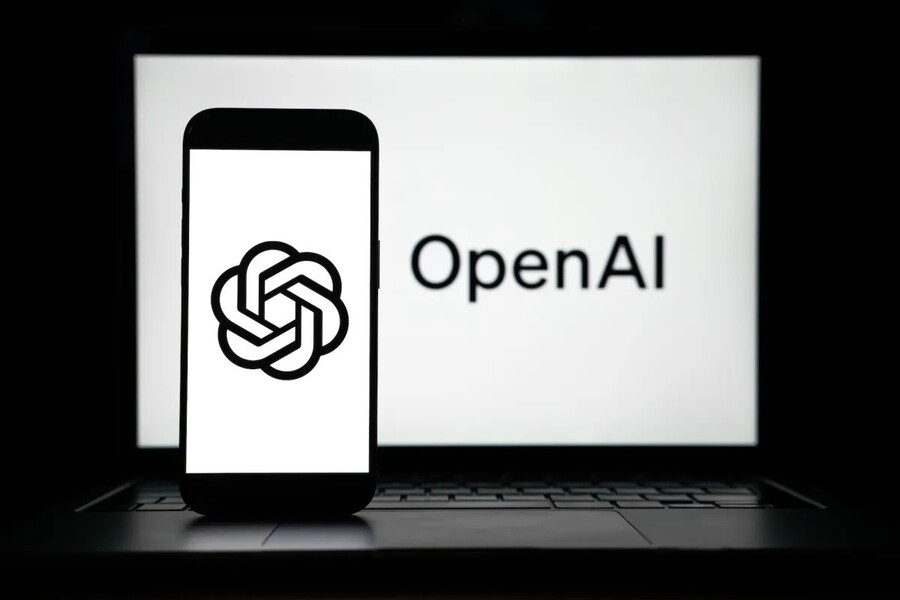OpenAI has told would-be investors to steer clear of unofficial vehicles—especially special purpose vehicles (SPVs)—that claim to offer exposure to the company’s stock, warning that transfers made without its written consent are void and “carry no economic value.” The notice, published on August 22, 2025, says the company is seeing firms market exposure through methods such as SPV interests, tokenized stakes, and forward contracts, and vows to enforce its transfer restrictions.
What happened
In a policy update titled “Unauthorized OpenAI Equity Transactions,” OpenAI says all of its equity is subject to transfer restrictions and cannot be sold or pledged—directly or indirectly—without written approval. The company adds that it “does not endorse or participate” in transactions designed to get around those restrictions and that such deals may also violate U.S. securities laws, exposing buyers and sellers to liability and potential rescission.
TechCrunch first highlighted the warning, noting OpenAI’s specific callout that some promoters may be “attempting to circumvent” its rules; in those cases, “the sale will not be recognized and carry no economic value.”
Why it matters
SPVs—entities that pool capital for a single deal—have become a popular way for smaller investors and family offices to wedge into hard-to-access AI rounds. But for a closely held company like OpenAI, SPVs and similar structures can blur accountability, complicate cap tables, and sidestep governance terms that come with direct investment. OpenAI’s move signals a firmer line: unapproved, synthetic, or indirect exposure won’t count—and could leave buyers with a worthless claim.
The bigger picture: It’s not just OpenAI
The stance mirrors a broader shift among top AI startups, tightening control over who gets on their cap tables and how. Anthropic has also been pushing back on SPVs: in its current fundraising process, the company told Menlo Ventures it must invest from its own funds rather than an SPV—an approach reflecting heavy oversubscription and growing leverage to select long-term partners.
What OpenAI is warning about (in plain English)
OpenAI lists several “unauthorized” pathways now being pitched to investors:
- Direct or indirect resales of OpenAI equity without consent.
- SPV interests that purport to hold or mirror OpenAI shares.
- Tokenized interests tied to OpenAI equity or to an SPV that holds it.
- Forwards or other synthetic contracts offering economic exposure to OpenAI.
OpenAI says it does not endorse these deals and may treat the underlying transfers as void—with potential securities-law consequences.
Reader intent: Answers to likely questions
Can I invest in OpenAI at all?
Possibly—but only through company-approved transactions that comply with OpenAI’s transfer restrictions. Not “every offer … is problematic,” the company notes, but any deal must have OpenAI’s written consent or it won’t be recognized.
What’s the risk if I buy into an SPV or token that claims OpenAI exposure?
If OpenAI hasn’t consented, the company says the transfer is void—meaning your exposure may have no economic value and could be unwound. You and the seller could also face securities-law risk.
Why are startups clamping down on SPVs?
Hot AI rounds are often oversubscribed. SPVs can add fees, obscure ultimate owners, and complicate governance. Companies with negotiating leverage prefer direct, aligned investors. Anthropic’s recent approach underscores this trend.
How do I vet a legitimate opportunity?
- Ask for proof of OpenAI’s written consent for any transfer. 2) Insist on official documentation (e.g., company-recognized cap table or transfer approval). 3) Beware of tokenized or synthetic structures presented as “exposure” to OpenAI. 4) Consult counsel on securities-law implications before committing funds. OpenAI explicitly invites people to report such solicitations to its legal team.
Background and context
Investor appetite for AI exposure has fueled an explosion of secondary-market pitches and creative structures. Media coverage and investor commentary have criticized some SPVs in this space as fee-heavy, layered arrangements targeting “tourist” capital. OpenAI’s explicit policy post puts would-be buyers on notice that company consent—not clever structuring—determines whether an equity transfer is valid.
What’s next
Expect tighter KYC/cap-table controls and more anti-SPV clauses in side letters across late-stage AI rounds. If solicitations continue, OpenAI says it will “vigorously enforce” its restrictions—meaning more disputes could land with counsel or regulators. For investors, the practical takeaway is simple: no consent, no claim.







